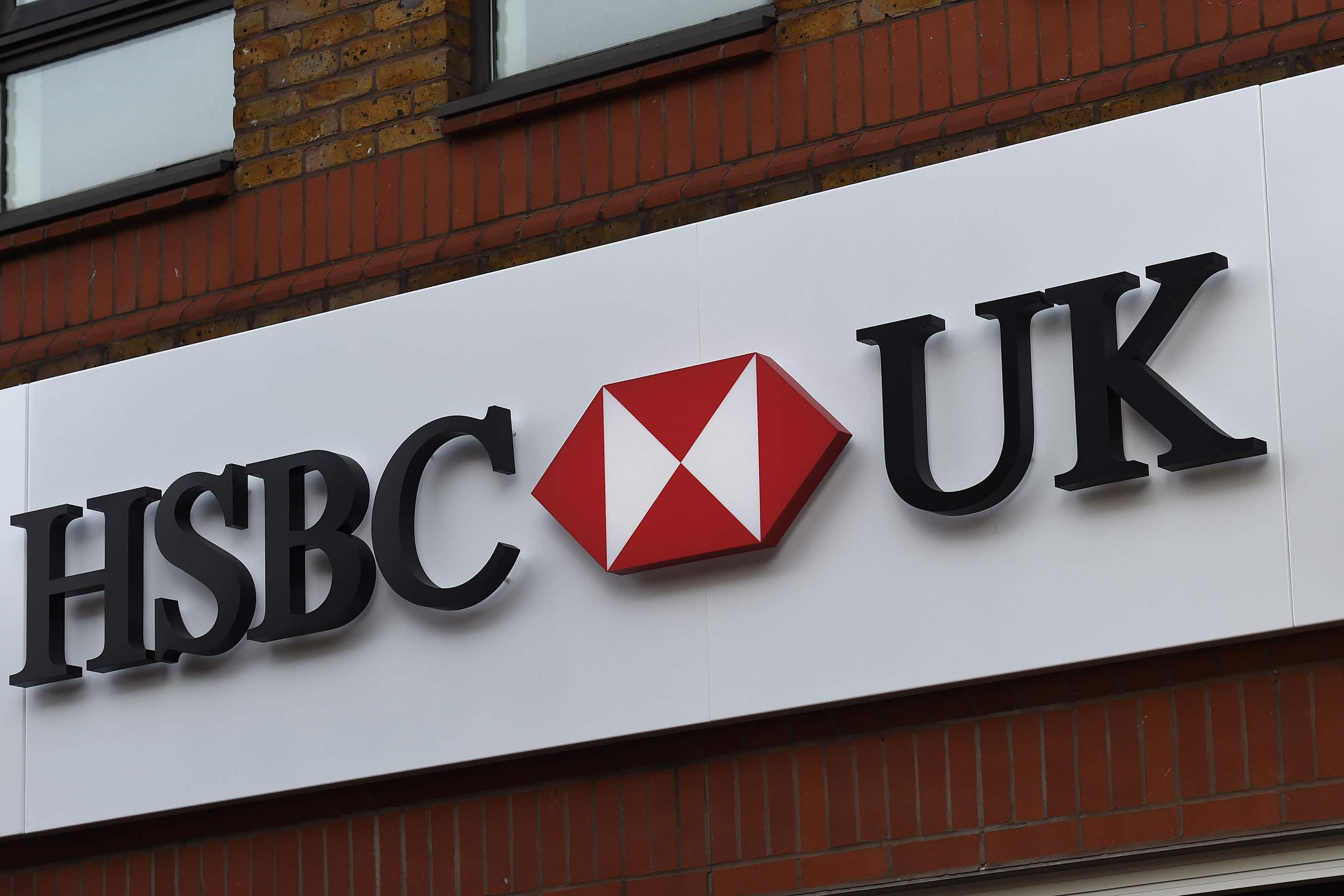Average value of a romance scam in June was nearly £70,000, says HSBC UK
The bank warned that it can take months before romance scammers ‘show their true colours’ to victims.

Your support helps us to tell the story
From reproductive rights to climate change to Big Tech, The Independent is on the ground when the story is developing. Whether it's investigating the financials of Elon Musk's pro-Trump PAC or producing our latest documentary, 'The A Word', which shines a light on the American women fighting for reproductive rights, we know how important it is to parse out the facts from the messaging.
At such a critical moment in US history, we need reporters on the ground. Your donation allows us to keep sending journalists to speak to both sides of the story.
The Independent is trusted by Americans across the entire political spectrum. And unlike many other quality news outlets, we choose not to lock Americans out of our reporting and analysis with paywalls. We believe quality journalism should be available to everyone, paid for by those who can afford it.
Your support makes all the difference.The average value of a romance scam in June this year was nearly £70,000, according to cases seen by HSBC UK.
The bank said romance cons are often the highest-value for scammers, with criminals frequently spending months grooming their victims before they “show their true colours”.
In the third quarter of this year, the average romance scam value was £27,876, according to HSBC UK’s analysis of cases it has seen.
In the second quarter of 2023, the average value of romance scams had been even higher, at £40,537 per case.
In June, the average value of romance scams peaked at £69,164.
The bank said that, while it typically sees between one and two dozen cases a month, the financial and personal impact is huge.
Romance scammers will often use fake profiles with images stolen from elsewhere and invent sob stories and emergencies to make requests for cash.
They will invent reasons for why they cannot meet in person, perhaps saying they work overseas.
Victims often feel that they have built up a strong rapport with the person they believe they are chatting to, making the scam even more devastating when it comes to light.
It can take months for a romance scammer to show their true colours
HSBC UK said that, after romance scams, investment scams were the next highest value scams in the third quarter of this year, with an average case value of £27,680.
People can visit www.fca.org.uk/scamsmart on the Financial Conduct Authority’s website to help avoid pension and investment scams.
HSBC UK said the number of investment scam cases it saw in the third quarter was lower than in the first and second quarters of this year, however, while fewer customers were being scammed in this way, those who were falling victim in the third quarter were typically being scammed out of more money.
Looking at other types of scam seen by the bank, an average of £11,703 was lost to invoice scams – where businesses are targeted with fake invoices – in the third quarter.
And £17,787 was typically lost to impersonation scams, where criminals may pretend to be the police or a bank, for example.
An average of £894 per case was lost to purchase scams in the third quarter, where people pay for goods or services which turn out to be fake.
David Callington, HSBC UK’s head of fraud, said: “According to what we have seen, while scammers appear to have ramped up the amount of money demanded across most of the different types of scam, the actual number of cases seen has remained relatively steady.
“In most cases, seeing the spread of activity, it is obvious that social engineering plays a big part in the way scammers get their hands on your hard-earned cash.
“People need to be on their guard, and look closely at every unexpected phone call about or request for money, even from those involved in relatively new relationships. It can take months for a romance scammer to show their true colours.
“We have expert teams working around the clock to weed out transactions, but people can also help protect themselves by taking note of fraud warnings when making payments, and keeping up-to-date with the latest scam warnings, which are highlighted on our latest phishing and social media scams web page or through our fraud and cyber awareness app.”